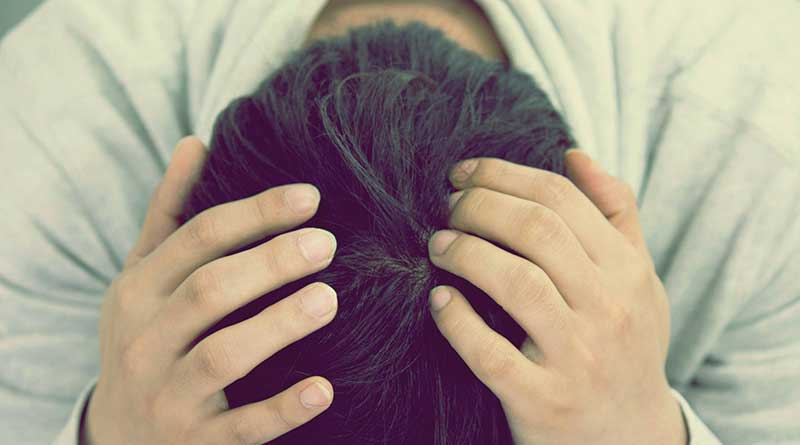Anxiety and The Power of Now

Executive summary
* We are in unprecedented times of uncertainty; and anxiety is palpable to the point of panic.
* The Diagnostic and Statistical Manual of Mental Disorders (DSM) is the handbook used widely to define and diagnose conditions such as anxiety. DSM-5, the current version, defines Generalised Anxiety Disorder in six parts. However, this definition doesn't capture the anxiety currently being experienced worldwide.
* Current anxiety about COVID-19 is not a disorder. It’s a natural response to an unnatural situation.
* Anxiety has been captured in literature since biblical times. It was the realm of philosophers back then. The philosophical belief was that we should devote our attention to the present and not concern ourselves with the future. The concept of Eckhart Tolle’s book, "The power of now", is thus not new, but it is important.
* Two particular papers, written about the COVID-19 outbreak, help to inform mental health understanding. One, from China, surveyed 1,210 respondents from 194 cities in China to quantify the psychological impact of the virus. The other was from the Department of Psychological Medicine and the National University of Singapore.
* The Singapore paper proposed a six pronged strategy to strengthen the mental health of the nation during the COVID-19 outbreak. The six recommendations would be useful for any healthcare system dealing with a pandemic.
* While personal anxiety reaches unprecedented levels, there are established 'human resource' models that can help. The Stephen Covey “circle of concern and circle of influence” is one of the most useful right now. Our circle of concern has exploded, and our circle of influence has imploded. The model principles still apply. We need to both shrink our circle of concern and expand our circle of influence, as much as possible.
* The four stages of competence model may also help at the current time, as this powerful tool shows how to change behaviour and some behavioural changes will alleviate anxiety.
* Paradoxically, although the present is one of the toughest times any of us will have faced, we will benefit from staying 'present' as much as possible at the moment. Anxiety is fuelled by uncertainty and fear of the future – we need the future to be far from our current thoughts – our mental health may depend on it.
Introduction
One of my favourite books is “The Power of Now” by Eckhart Tolle. The essence of his message is that we must live in the moment – the present – because the past will make us depressed and the future will make us anxious. Depression and anxiety are fundamental pillars of mind ill-health. If we look back at the past, we can have regrets, which makes us sad (depression) or we long to be back in those times, which again makes us sad. If we look to the future, we cannot know what is going to happen and uncertainty can make us anxious.
A friend suffers from both depression and anxiety and very sensibly shares this openly with others, so that we can ask how he is and offer support. Interestingly, he’s not experiencing depression at the moment – only anxiety. He’s not looking back; he’s worried about the future.
Other than for people who have lived through war, the current times are probably the most uncertain, the most rapidly changing and the most unsettling that any of us has ever experienced. This week’s note is therefore about anxiety – What is it? When did we become aware of it? How can we manage anxiety in the current environment? As health care systems? And as individuals?
The rest of this article is available to site subscribers, who get access to all articles plus a weekly newsletter.
To continue reading, please login below or sign up for a subscription. Thank you.




